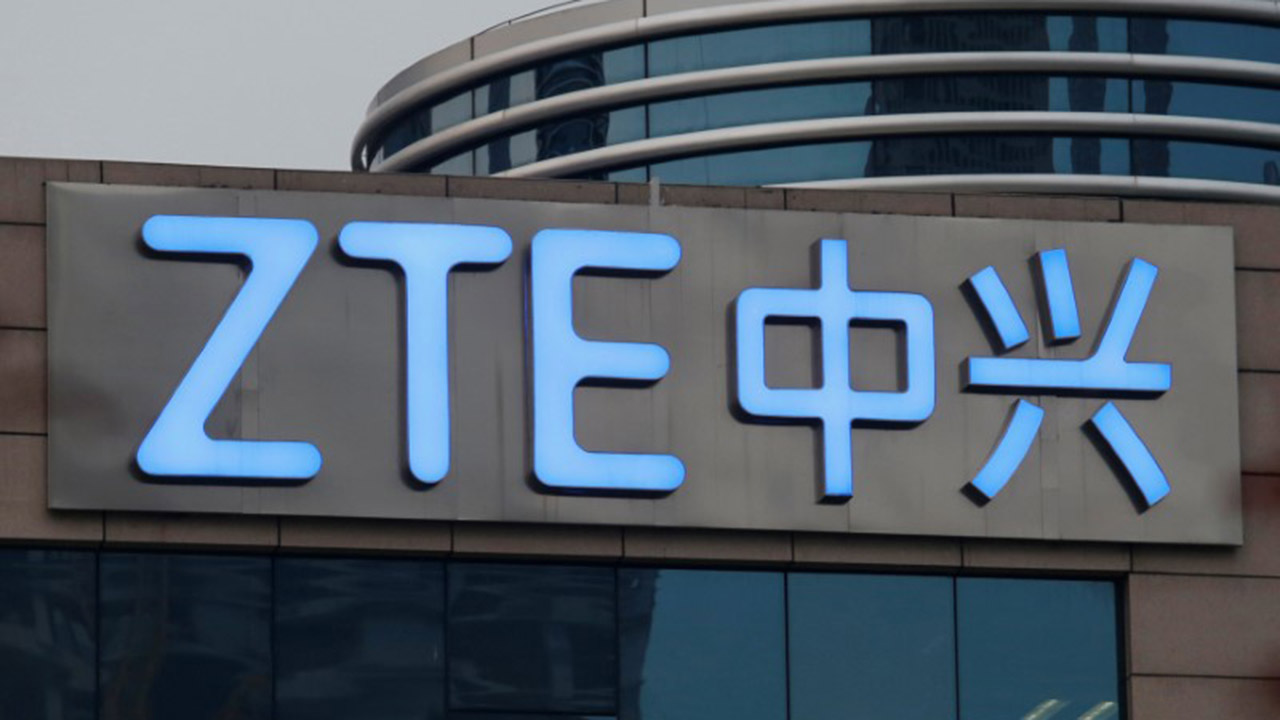A Texas federal judge has found to be true allegations of visa fraud by ZTE, a partially state-owned Chinese telecommunications and information technology company.
Judge Ed Kindeade’s findings were made in the context of a hearing on whether to revoke ZTE’s probation for violating Iran sanctions.
ZTE was on probation after pleading guilty in 2017 and paying nearly $900 million in fines and forfeiture in response to allegations that it had willfully violated U.S. sanctions by exporting technology from the U.S. to Iran.
In a March 22 order, the judge refused to revoke the company’s probation, instead allowing it to expire. Still, the judge encouraged the government to pursue further charges against ZTE.
The alleged visa fraud is the subject of indictments issued in March 2021 by a Georgia federal grand jury against Jianjun Yu, former director of a ZTE USA’s optics laboratory, and Professor Gee-Kung Chang of Georgia Institute of Technology.
They are accused of abusing the J-1 visa program at Georgia Institute of Technology to bring in Chinese nationals to work in the ZTE lab from 2014-2018.
J-1 exchange visitor visas can be sponsored by universities approved by the State Department to bring foreign researchers to the U.S. on a temporary basis.
According to the Department of Justice, the professor arranged for Chinese nationals to fraudulently obtain and maintain J-1 visas to actually work for ZTE in New Jersey. The paperwork falsely stated that the foreign researchers would not work on sponsored research, i.e., research funded by private business, and that their worksite would be at Georgia Tech in Atlanta.
The case is U.S. v. ZTE Corp., case number 3:17-cr-00120, in the U.S. District Court for the Northern District of Texas.


Leave a Reply